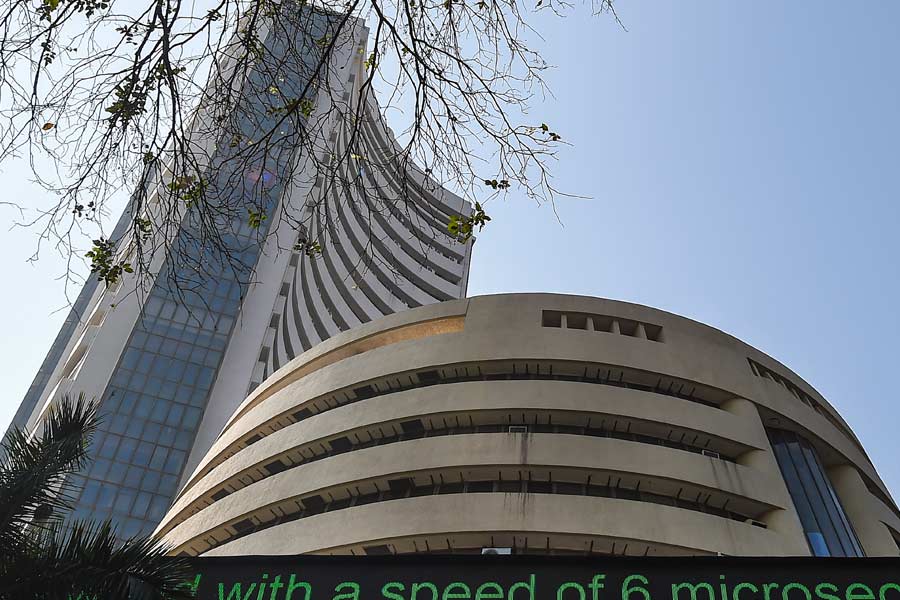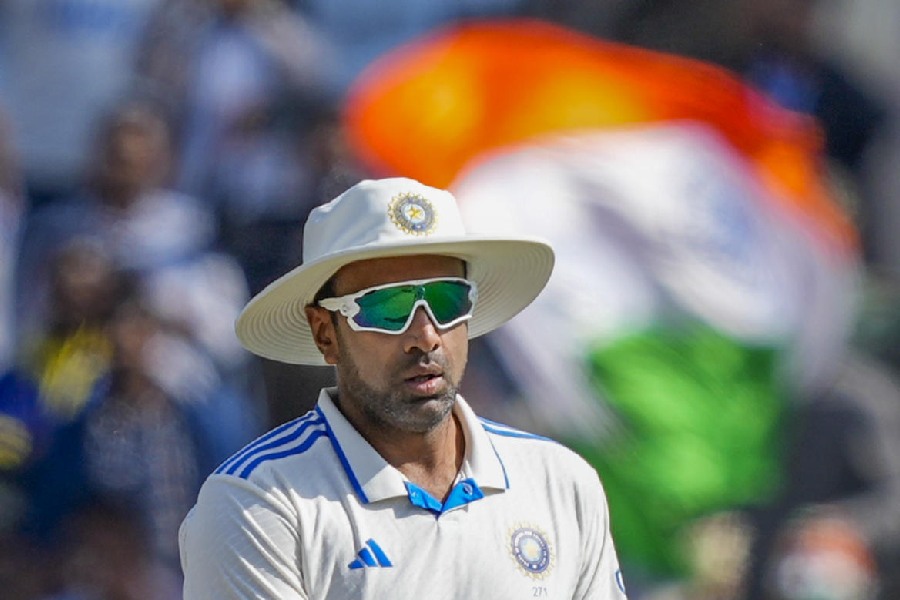New Delhi: India's food safety regulator has approved multiple products without adequate testing and has not banned the sale of several products, including energy drinks and neutraceuticals, declared unsafe by scientific panels, a government audit report has found.
The report of the Comptroller and Auditor General (CAG) tabled in Parliament today said the failure of the Food Safety and Standards Authority of India (FSSAI) to monitor or cancel licenses may have led to continued manufacture and sale of possibly unsafe food products.
The CAG, which examined the functioning of the FSSAI and over 200 food testing laboratories recognized by this agency tasked with safeguarding packaged food, also found multiple instances of deficient or inadequate testing of food samples by laboratories ill-equipped for the task.
An audit verification exercise of 4,895 food analysis reports from state food laboratories revealed that 4,866 (99 percent) of the samples were not analysed for pesticides and 4,698 (96 percent) were not analysed for microbial contamination as mandated.
An audit test of the Central Food Laboratory, Calcutta, a key testing centre used by the FSSAI, had declared 178 (60 percent) of 293 food samples as confirming with standards even though they were not analysed for pesticides, heavy metals, and microbes.
The CAG report has observed that the Calcutta laboratory is equipped to analyse only 12 typesd of pesticide residues in food samples, although food safety regulations require that 149 types of pesticide residues be examined in food products.
Since February 2015, the Calcutta laboratory has not been able to conduct any pesticide residue analysis because of breakdown and obsolete conditions of its equipment, the CAG said, calling on the government to improve testing infrastructure in food testing laboratories.
The auditors have also decried delays or refusals by the FSSAI to withdraw licenses to food products declared as not safe by scientific panels.
In one case, the FSSAI issued a "no-objection certificate" to a company selling a caffeine-ginseng combination as an energy drink in November 2013, but did not immediately withdraw the NOC when a scientific panel noted that the product had an "irrational combination of caffeine and ginseng."
The FSSAI's product recall division delayed the recall by 15 months from the scientific panel's observation, resulting in manufacture and sale of the unsafe energy drink up to May 2015, the CAG report said.
The FSSAI also did not cancel the license of a mushroom-based neutraceutical even though a scientific panel had rejected the product. A scientific panel had also recommended the rejection of two other products "Zincovit" and "A to Z NS tablets" - combinations of minerals and vitamins - but the FSSAI did not cancel its NOCs on these products.
The CAG has also referred to FSSAI's delay on "Red Bull," another energy drink, saying the regulator took 29 months to process the case for submission to a scientific panel.
The auditors have asked the FSSAI and state food regulators to conduct surveys of food business activities to build a comprehensive database on food business operators and frame policy guidelines to improve periodic risk-based inspections of food products.
The Union health ministry under which FSSAI functions has been asked to ensure that all food testing laboratories are appropriately accredited and equipped for the tests they are expected to conduct to certify food samples as safe for human consumption.











